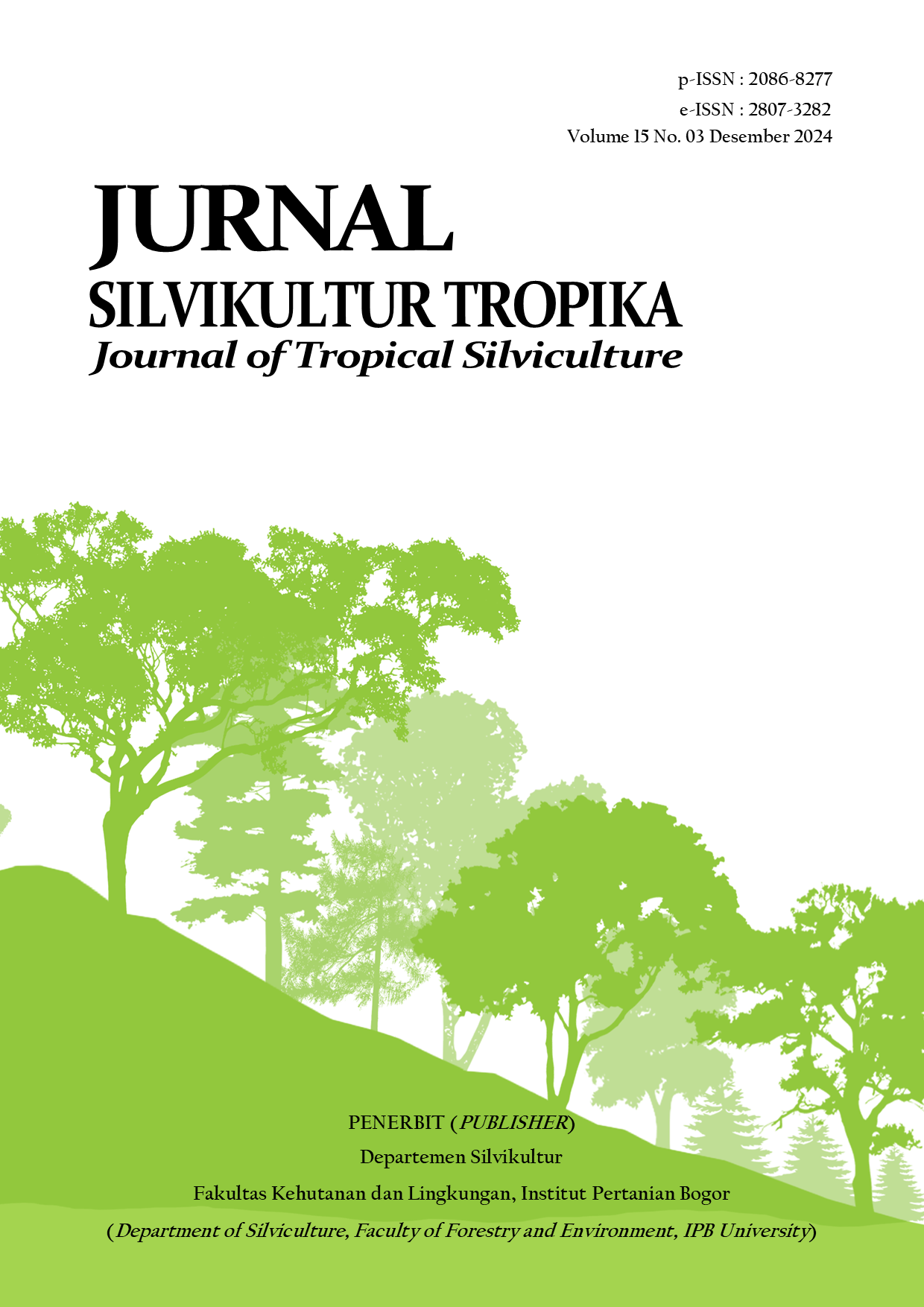Pengelolaan Air Berbasis Masyarakat di Thailand dalam Mengatasi Masalah Kebakaran Lahan dan Kabut Asap di Kawasan ASEAN Bagian Utara
Abstrak
Pengelolaan Air Berbasis Masyarakat (Community-based Water Management/CBWM) di Thailand didasarkan pada konsep Filosofi Ekonomi Kecukupan (Sufficiency Economy Philosophy/SEP) yang diperkenalkan oleh Raja Rama IX pada tahun 1974. Pendekatan ini menitikberatkan pada prinsip kemandirian, keterlibatan aktif masyarakat, dan pengembangan solusi yang disesuaikan dengan kondisi lokal untuk membangun ketahanan terhadap bencana serta mendorong keberlanjutan lingkungan. Pengelolaan Kebakaran dan Air Berbasis Masyarakat (Community-based Fire and Water Management/CBFWM) merupakan strategi terpadu yang dirancang untuk mengatasi berbagai permasalahan lingkungan, khususnya kebakaran lahan dan kabut asap, yang banyak terjadi di kawasan ASEAN bagian utara, terutama di wilayah Cekungan Sungai Mekong Bawah. Melalui integrasi antara pengelolaan air dan kebakaran, pendekatan ini menawarkan solusi holistik yang tidak hanya memperkuat ketahanan masyarakat terhadap perubahan iklim, tetapi juga meningkatkan mata pencaharian lokal secara berkelanjutan. Dengan mempertimbangkan bahwa permasalahan sosial sering kali menjadi penyebab utama kebakaran lahan, pendekatan ini memberikan strategi yang berfokus pada peningkatan kapasitas masyarakat untuk secara mandiri menjaga keberlanjutan ekosistem sekaligus mengatasi tantangan ekonomi dan lingkungan.
Kata kunci: Berbasis komunitas, Filosofi Ekonomi Kecukupan (SEP), pendekatan holistik, ASEAN bagian utara.
Unduh
Copyright (c) 2024 Veerachai Tanpipat, Royboon Rassameethes, Jittiporn Chantarojsiri, Pakarat Danusatianpong, Sarawadee Phattharakijkulthorn, Royol Chitrdon, and Sutat Weesakul

This work is licensed under a Creative Commons Attribution 4.0 International License.










